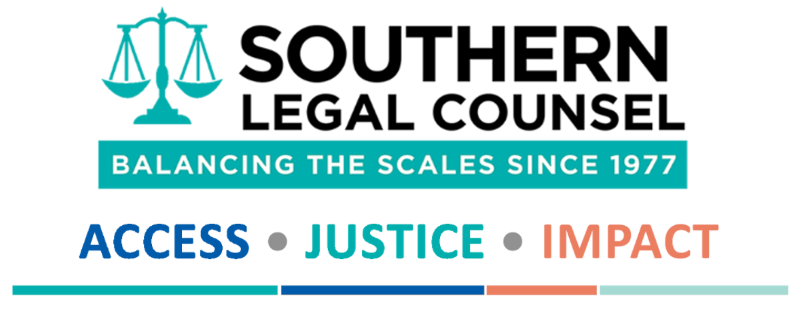Going to College As A Foster Youth
Many young adults choose to attend college after high school. But, it can be challenging to do so, especially for foster youth. This article covers how to manage your school expenses, housing, and resources for free and affordable essentials.
Tuition, Fees, and Books
Foster youths do not have to pay for tuition or fees if they attend a public college or university (https://www.stateofflorida.com/colleges-in-florida/). You qualify for the exemption if you were in foster care when you turned 18. Or, if you were released into guardianship after turning 16, you qualify if you spent at least 6 months in foster care before then. The exemption applies until you turn 28 and can be used for undergraduate, graduate, and professional schools like medical school. To use the exemption, get a written statement of your eligibility from your case manager.
The exemption will not cover the cost of books, however. There are a number of scholarship programs that you can apply for, some of which are just for foster youth, like those provided by Foster Care to Success. The Horatio Alger Association also has a wide variety of scholarship programs. There are scholarships that you can apply for through social media like the #WeBelongInCollege scholarship. You can also check with your specific school to find out what scholarships it offers to students.
If you are interested in cosmetology or another trade school, ask your case manager about which schools you can attend as a foster youth!
Housing
Once you are enrolled in college, you qualify for the Extended Foster Care program provided by the Florida Department of Children and Families. The program will provide you with housing and you may receive a monthly stipend if you qualify under the Postsecondary Education Services and Support (PESS) program. Extended Foster Care is available until you turn 21, PESS is available until 23. Your school may also have housing grants and scholarships, you can contact your financial aid office to find out.
Finding Free and Affordable Essentials
Most of the major public universities in Florida have a food bank available for students so if you attend a school like UCF or USF you can reach out to your school’s student pantry. You can also use Feeding Florida to find a local food pantry. It is a network of food banks that service different counties throughout the state. Charitable organizations like the Salvation Army also provide free groceries through food pantries. When you do shop, compare prices and buy foods that you can make into lunches and take with you to campus, it will be cheaper than eating out.
Clothing banks are also available, although they may be more scarce than food banks. Thrift stores and organizations like Goodwill are another source of clothing and linens that are low cost. Since Goodwill relies on donations, you can often find and put together a professional outfit that you can wear to job interviews. Apps like OfferUp, LetGo, eBay, and Craigslist are a source of low cost clothing, furniture, appliances, and any other essentials you may need.
Tuition, Fees, and Books
Foster youths do not have to pay for tuition or fees if they attend a public college or university (https://www.stateofflorida.com/colleges-in-florida/). You qualify for the exemption if you were in foster care when you turned 18. Or, if you were released into guardianship after turning 16, you qualify if you spent at least 6 months in foster care before then. The exemption applies until you turn 28 and can be used for undergraduate, graduate, and professional schools like medical school. To use the exemption, get a written statement of your eligibility from your case manager.
The exemption will not cover the cost of books, however. There are a number of scholarship programs that you can apply for, some of which are just for foster youth, like those provided by Foster Care to Success. The Horatio Alger Association also has a wide variety of scholarship programs. There are scholarships that you can apply for through social media like the #WeBelongInCollege scholarship. You can also check with your specific school to find out what scholarships it offers to students.
If you are interested in cosmetology or another trade school, ask your case manager about which schools you can attend as a foster youth!
Housing
Once you are enrolled in college, you qualify for the Extended Foster Care program provided by the Florida Department of Children and Families. The program will provide you with housing and you may receive a monthly stipend if you qualify under the Postsecondary Education Services and Support (PESS) program. Extended Foster Care is available until you turn 21, PESS is available until 23. Your school may also have housing grants and scholarships, you can contact your financial aid office to find out.
Finding Free and Affordable Essentials
Most of the major public universities in Florida have a food bank available for students so if you attend a school like UCF or USF you can reach out to your school’s student pantry. You can also use Feeding Florida to find a local food pantry. It is a network of food banks that service different counties throughout the state. Charitable organizations like the Salvation Army also provide free groceries through food pantries. When you do shop, compare prices and buy foods that you can make into lunches and take with you to campus, it will be cheaper than eating out.
Clothing banks are also available, although they may be more scarce than food banks. Thrift stores and organizations like Goodwill are another source of clothing and linens that are low cost. Since Goodwill relies on donations, you can often find and put together a professional outfit that you can wear to job interviews. Apps like OfferUp, LetGo, eBay, and Craigslist are a source of low cost clothing, furniture, appliances, and any other essentials you may need.

